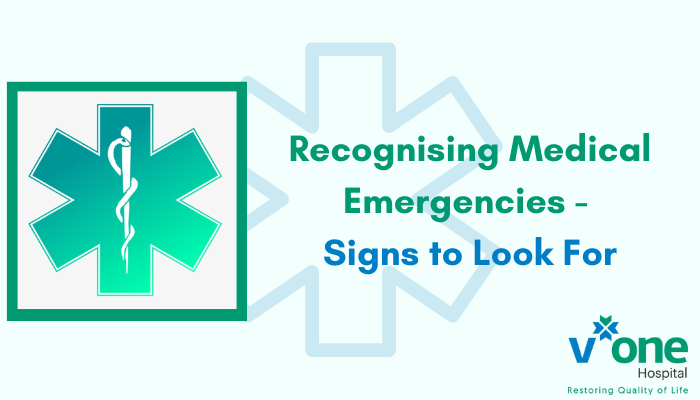Recognizing a Medical Emergency – 13 Warning Signs to Look For
If you have ever been in a situation where someone is choking to death, is experiencing severe chest pain, or suddenly can’t breathe properly, you might have felt helpless and clueless about what to do in such a situation of panic. But you don’t have to be a doctor to save a life. Recognizing the warning signs of a medical emergency and knowing what you can do next can prepare you for such situations and help you save a life.
Warning Signs to Look Out For
Whether it’s a heart attack or an anaphylactic shock, the warning signs can tell you what to do next. Here’s what to look out for:
- Bleeding that just won’t stop
- Difficulty breathing, shortness of breath
- Choking
- Chest pain
- Fainting
- Vomiting or coughing up blood
- Changes in mental status (confusion and other unusual behavior)
- Severe vomiting
- Sudden dizziness, weakness, or changes in vision
- Sudden, severe pain
- Sudden injury or near drowning
- Swallowing a poisonous substance
- Severe abdominal pain
In fact, symptoms like weakness, numbness, vision loss, dizziness, confusion, troubled speech, severe headache, loss of consciousness, and seizures can indicate a problem with the brain.
How Can I Be Prepared for a Medical Emergency?
When an emergency happens to you, there isn’t always time to look up symptoms or even the nearest hospital. In such a situation, it can be confusing what to do next or where to go. But it helps to be prepared for such a medical emergency.
- Keep a note of the nearest hospital or emergency room and the quickest route to get to it.
- Pin a list of emergency phone numbers somewhere in your home and put a copy of the list on your phone. Distribute a copy to every family member- including the kids. This should include the phone numbers of your doctors, your neighbors, friends, and relatives, your work, the police, the ambulance center, the fire department, and the poison control center.
- Speaking of your doctor, you should know the address of the hospital or clinic they practice at.
- If you suffer from a chronic condition, you should wear a medical ID tag clearly stating the same to save time for the paramedics attending you in the emergency department.
What Can I Do While Help Arrives?
Timely medical attention is important. For example, by the time someone who is choking becomes unconscious, there is very little Oxygen left in the bloodstream.
Let’s consider the situations where someone else is in an emergency and you can be of help. Here are a few things you can do:
- Call an ambulance. Once you’ve called for an ambulance, there are a few things you can do to help:
- While waiting for an ambulance, you can stop any bleeding by applying pressure and elevation, or maybe even a tourniquet as a last resort.
- Perform CPR (cardiopulmonary resuscitation) if you know how to do it. If someone is choking, you can try performing the Heimlich maneuver on them. Although, if this is done incorrectly, it can injure the stomach.
- If the person is unconscious or only partially conscious, you can put them in the recovery position (where the body is placed facing down and slightly to the side with bent limbs to avoid choking) while help arrives. It is also important to understand that if someone has suffered a neck injury, you should not move the person at all.
If You are Unsure about Medical Emergency
Symptoms can be big or small. If you are suffering yourself or around someone who is suffering from one or more sudden symptoms, you may not always be sure what counts as a medical emergency. You may ask yourself- “is it an emergency or is it just a minor inconvenience?”
You should always call for help if:
- You or someone else is dealing with a life-threatening condition, like a heart attack or a severe allergic reaction.
- The condition is not life-threatening yet, but it can become life-threatening on the way to the hospital.
- It is not possible to reach the hospital in time.
- Moving the person to a different place can further injure them.
While it’s common sense to know to take a person to the hospital if they are having a heart attack or were just in an accident, some emergencies are less obvious, but they are emergencies no less, and a delay in response can result in disastrous consequences. But when you are unsure, it’s always better to err on the side of caution. Once the person reaches the hospital, he will be prioritized through triage and provided the required medical attention.

